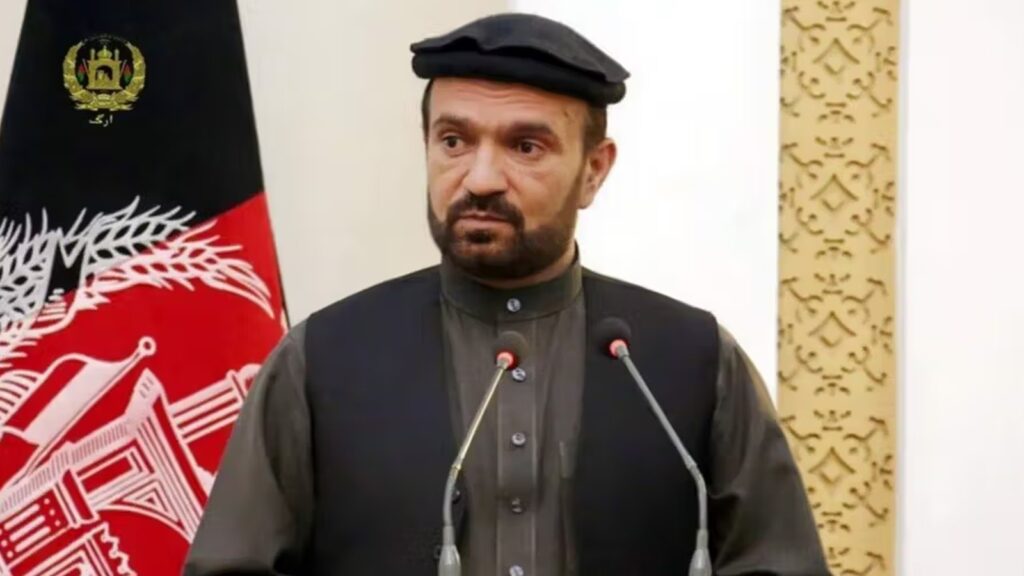Abdul Zahir Qadir, a former member of Afghanistan’s Wolesi Jirga and a prominent figure from a powerful jihadi family in Nangarhar province, is currently under legal scrutiny in Nairobi, Kenya. His trial, initially set to begin in early May, has now been postponed as legal complications and international pressure mount.
Qadir arrived in Nairobi on April 14, 2025, via Qatar Airways and was arrested shortly afterward by Kenyan police at a local hotel. Reports indicate that U.S. authorities, through Nairobi’s Directorate of Criminal Investigations, issued a diplomatic note to the Kenyan government requesting his extradition.
According to official sources, the U.S. Drug Enforcement Administration (DEA) has filed a criminal complaint in a New York court against Qadir. DEA agent Nicholas DiFrancisco alleges that Qadir conspired to import narcotics and possessed heavy weapons, prompting serious legal proceedings.
Qadir’s family confirmed that the scheduled trial has been delayed. His defense team is working to keep the trial within Kenya, aiming to block extradition to the United States. Legal experts suggest the outcome could significantly affect Qadir’s future and set a precedent for other Afghan figures abroad.
During the presidency of Ashraf Ghani, Qadir served in Afghanistan’s lower house of parliament and led a private militia against ISIS in Nangarhar’s Achin district. His forces were reported to have killed several ISIS fighters, with some gruesome acts including beheadings, according to local sources.
If the allegations are upheld and Qadir is extradited, he could face a lengthy prison sentence in the U.S. The case may also negatively impact the international image of former Afghan politicians and jihadi leaders.
More broadly, this development reflects growing global efforts to clamp down on narcotics and arms trafficking networks. The final verdict in Qadir’s case could become a landmark reference for future international law enforcement collaborations.





